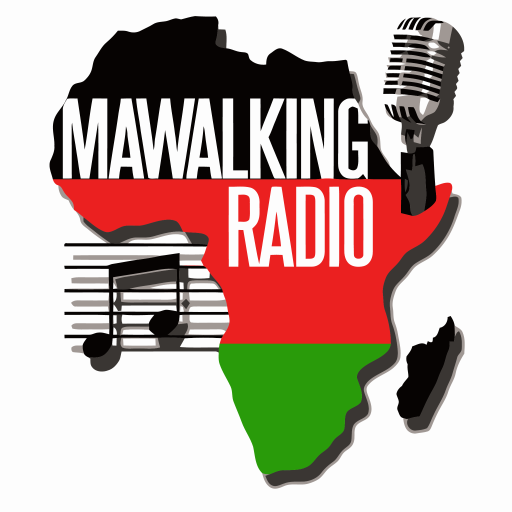
Célestin “Célio” Kouka: A Pioneer of Congolese Rumba
Early Life and Passion for Music
Célestin Kouka, known as “Célio,” was born on February 5, 1935, in Brazzaville, Congo-Brazzaville. From a young age, his passion for music was evident, showing remarkable talent while still a student. His early life in Brazzaville laid the foundation for what would become a monumental career in Congolese rumba.
Stepping into Congolese Music with Negro Jazz
Kouka’s first major step into the music world was with the band Negro Jazz in the early 1950s. Based in Brazzaville, Negro Jazz was among the pioneering groups shaping the unique rhythms of Congolese music. Kouka’s involvement with the band gave him valuable experience, allowing him to hone his skills as both a vocalist and maracas player.
Joining TP OK Jazz: A New Era
In 1957, Kouka joined one of the most influential bands in African music history—TP OK Jazz, led by Franco Luambo Makiadi. This period marked a new chapter for Kouka, where his contributions as a maracas player and vocalist enriched the band’s sound. TP OK Jazz played a critical role in popularizing Congolese rumba across the African continent, and Kouka was integral to its success during these formative years.
Founding Bantous de la Capitale
In 1959, as Congo-Brazzaville and Congo-Kinshasa approached independence, Kouka returned to Brazzaville to create something of his own. He co-founded Orchestre Bantou, later renamed Bantous de la Capitale. This band went on to become one of the most iconic groups in Congo-Brazzaville, embodying the pride of a newly independent nation and offering a distinctly Brazzaville-based flavor of rumba.
A Legacy Carved in Rumba
Célestin “Célio” Kouka’s contributions to the rumba genre are undeniable. Through his involvement in TP OK Jazz and Bantous de la Capitale, he played a key role in shaping the music that resonated not only in the Congo but throughout Africa and beyond. Kouka’s influence left a lasting impact on Central African music, inspiring generations of musicians on both sides of the Congo River.
Conclusion: A Pillar of Congolese Musical Heritage
Kouka’s legacy continues to echo across the African music scene. His career reflects the vibrant musical collaborations that characterized the rumba movement during the independence era. Today, Célestin “Célio” Kouka remains celebrated for his contributions, his rhythm, and his voice that enriched Congolese rumba and solidified his place in its history.



